There’s an air of inevitability in the stock market.
Last week here in the Interactive Brokers Quant Blog, I proposed we might have a tumultuous week during options-expirations and index-rebalances June 18-23.
Nope. Nada.
We have wars and rumors of wars and stocks rise, and then a ceasefire and stocks skyrocket. It’s nice in the sense that a relentlessly yeasty market creates wealth.
Moviemaker Stanley Kubrick recrafted Peter George’s 1958 novel Red Alert about a daft general who tries to bomb the Soviet Union into a satirical comedy about the inevitability of doom called Dr. Strangelove or: How I Learned to Stop Worrying and Love the Bomb.
Messages of doom don’t inspire the masses. Comedy does.
Stocks rallied at least two percent in two days on a ragged cessation of hostilities in the Mideast. As bombs were raining and sirens were screaming and one wondered what Iran would do, stocks waited.
War stopped and stocks jumped. It’s, well…strange stock love. Because the quantitative data behind prices and volume are not what your eyes are telling you.
Behavioral data show selling by indexes and Exchange Traded Funds (ETFs) with quarterly rebalances June 20. Passive money rose nearly 150% day-over-day as stocks retreated. Market-share up, price down, is selling.
In fact, eight of the twelve trading days between June 4-23 had net selling, reflected in how the S&P 500 closed below the midpoint of its components’ average aggregate price.
Yet not even a negative rebalance waylaid stocks. Since Apr 21 (through Jun 24), the stock market has averaged 6.1 on our 10-point scale of Demand at EDGE that we call Market Structure Sentiment. A number over 6.0 is a topped, redlining market.
Cause? My Dr. Strangelove thesis on inevitability is that ETFs passed a “tipping point,” a critical mass.
It’s why nothing matters. Stocks can trade at seven times earnings or 50 times earnings. What difference does it make to ETFs? None. Bombs fall. Bombs stop falling. The number of ETF shares increases, the supply of stocks underpinning them decreases.
Does it make any difference if we impose tariffs or don’t? If we add jobs or lose them? Blow the budget or cut spending? Drown in debt, change taxes, import less, export more, reduce interest rates or raise them, have inflation or deflation?
Do fundamentals matter? Rhetorical but worth pondering.
By the way, Russell indices reconstitute for a final annual time June 27. Next year it’ll be twice, in June and November. It’s too big to do once. ETFs need size.
ETFs behave like currencies. On Apr 5, 1933, President Franklin Roosevelt issued Executive Order 6102 outlawing gold as money, because asset-hoarding was allegedly harming the economy. He didn’t know Gresham’s Law. Bad money chases out good.
Devalue the currency, and people will hoard assets. That’s what’s happening in equities.
ETFs force people to hoard stocks because they are gold and ETFs are currency. What comes next? Do we outlaw stocks? Force everybody to own ETFs?
All currencies behave the same way. As do elements of market structure. Volatility, trades per day, shares per trade, volume, all behave the same way. The algorithmic nature of the market.
The Pandemic changed Everything. ETFs exploded. That was our Strangelove moment, our Rooseveltian executive order.
Funny thing. Strip out price as distortion and the PATTERNS behind stocks are the same from March 2020 to Dec 2022. Got that? A massive bull market and the only bear market since. Same behavior. Bad money chased out good. And then prices fell.
It’s statistical. But it explains what’s occurring. Money runs in swaths driven by investment trends and patterns. It’s why the market seems inured to economics. And why Trump posts on Truth Social can gyrate equities.
Investment flows follow long-range schemes. Machines read prices and news and react.
And THAT, my friends, is how you get a market unresponsive to fundamentals, macroeconomics, geopolitics. Machines set prices. Passive money (ETFs) hangs around midpoint prices. Risk is loosely managed because models don’t see much. Active money fades.
And so? Stocks are good until Passives (ETFs) stop committing to the middle and Fast Traders cease setting prices. Then, look out. Nothing lasts forever. What to do? Know market structure.
Disclosure: Interactive Brokers Third Party
Information posted on IBKR Campus that is provided by third-parties does NOT constitute a recommendation that you should contract for the services of that third party. Third-party participants who contribute to IBKR Campus are independent of Interactive Brokers and Interactive Brokers does not make any representations or warranties concerning the services offered, their past or future performance, or the accuracy of the information provided by the third party. Past performance is no guarantee of future results.
This material is from Market Structure EDGE and is being posted with its permission. The views expressed in this material are solely those of the author and/or Market Structure EDGE and Interactive Brokers is not endorsing or recommending any investment or trading discussed in the material. This material is not and should not be construed as an offer to buy or sell any security. It should not be construed as research or investment advice or a recommendation to buy, sell or hold any security or commodity. This material does not and is not intended to take into account the particular financial conditions, investment objectives or requirements of individual customers. Before acting on this material, you should consider whether it is suitable for your particular circumstances and, as necessary, seek professional advice.
Disclosure: ETFs
Any discussion or mention of an ETF is not to be construed as recommendation, promotion or solicitation. All investors should review and consider associated investment risks, charges and expenses of the investment company or fund prior to investing. Before acting on this material, you should consider whether it is suitable for your particular circumstances and, as necessary, seek professional advice.




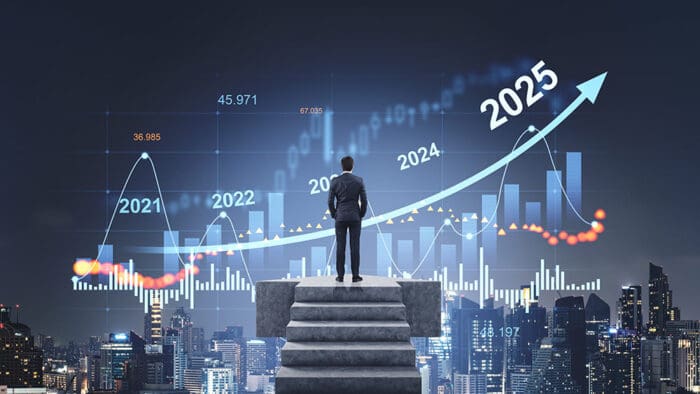

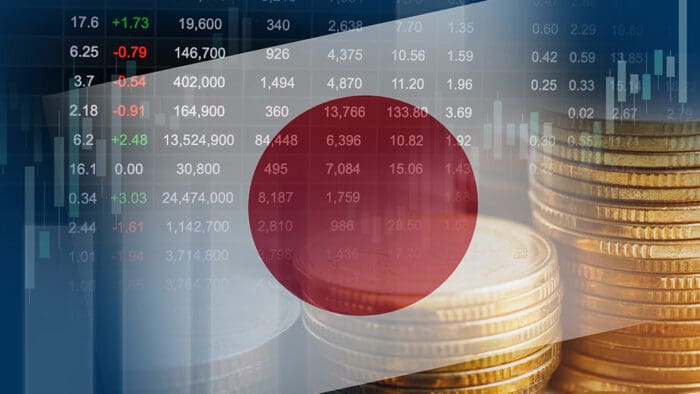
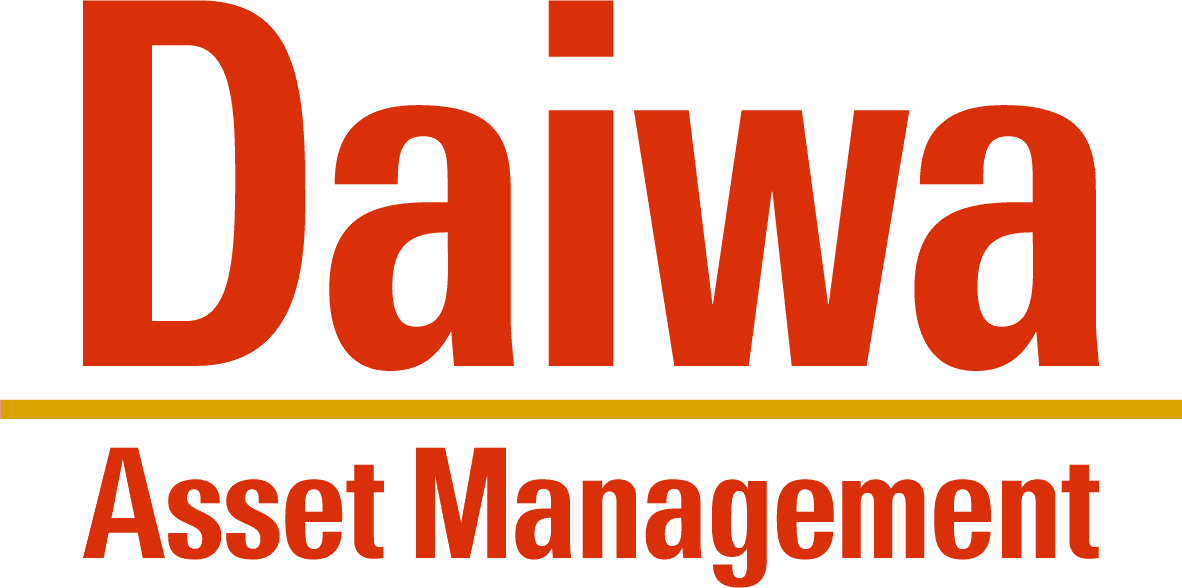
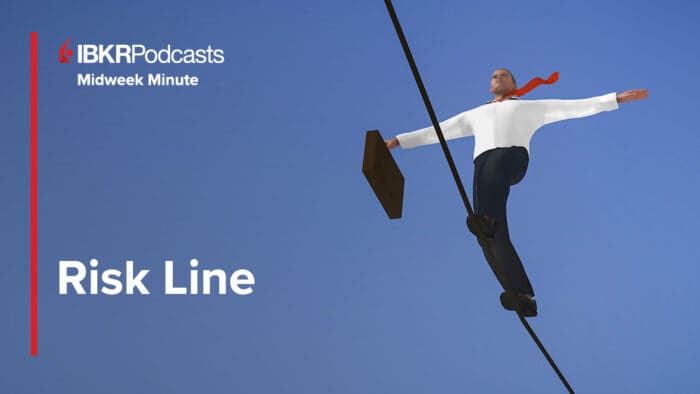
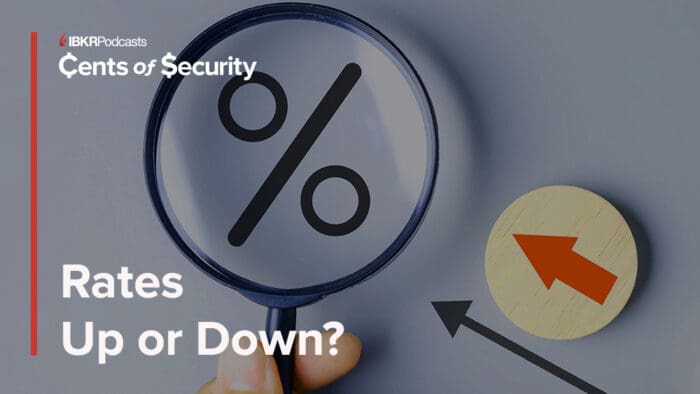




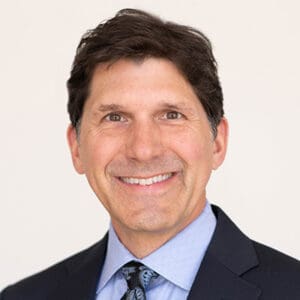

Join The Conversation
For specific platform feedback and suggestions, please submit it directly to our team using these instructions.
If you have an account-specific question or concern, please reach out to Client Services.
We encourage you to look through our FAQs before posting. Your question may already be covered!